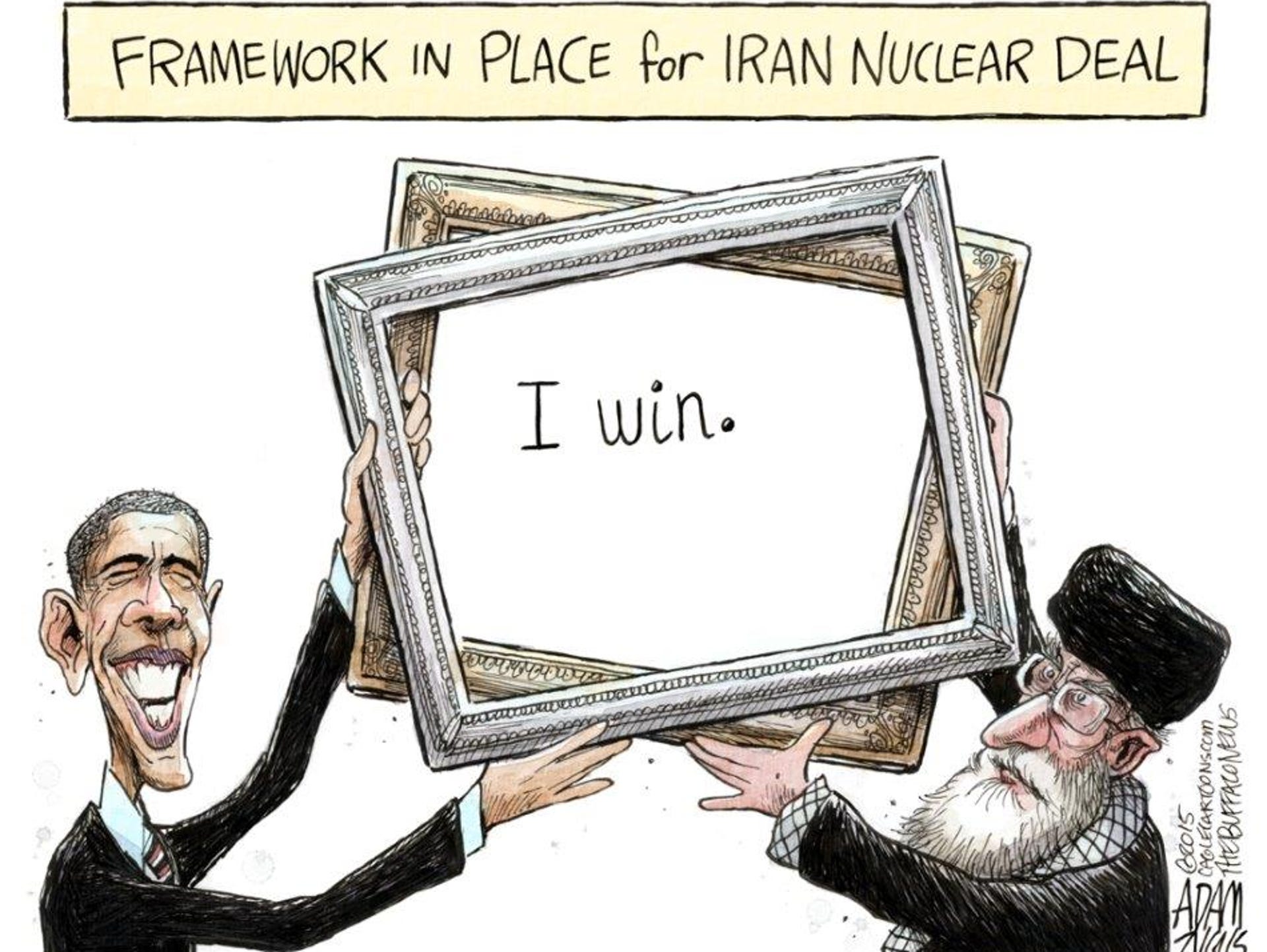How to Oppose Iran Deal – a Response to Paul Mirengoff
"My weekend column posited that Congress can still derail President Obama’s catastrophic Iran deal by simply following the unambiguous terms of the Corker law – the Iran Nuclear Agreement Review Act of 2015, sometimes called Corker-Cardin, after Senate sponsors Bob Corker ...and Ben Cardin ..."
. . .
I"t is true that, in terms of legal force, treaties and statutes are both the law of the land. But they are very different in form and substance. A treaty is an agreement between governments; it creates no judicially enforceable rights and it cannot be amended by a statute that would alter the agreement. By contrast, a statute is an act of Congress; it usually does create judicially enforceable rights and, as we’ve seen, it can be amended or repealed by a subsequent statute, regardless of how that may affect other countries.
"Thus, it is a mistake to suggest, as Paul [Mirengoff] does, that because the Corker legislation is incapable of changing the NPT, it must also be incapable of repealing the sanctions. The sanctions are federal laws that punish actors (including private actors) who do business with Iran; the NPT is a treaty that spells out Iran’s obligations under international law regarding nuclear energy activity. While related, the two are distinct in nature and purport. The Corker law cannot change Iran’s treaty obligations but it can certainly repeal Congress’s anti-nuke sanctions.

. . . "Congressman Pompeo partially agreed with McCarthy’s assessment in an op-ed in the Washington Post on Sunday."
"My weekend column posited that Congress can still derail President Obama’s catastrophic Iran deal by simply following the unambiguous terms of the Corker law – the Iran Nuclear Agreement Review Act of 2015, sometimes called Corker-Cardin, after Senate sponsors Bob Corker ...and Ben Cardin ..."
. . .
I"t is true that, in terms of legal force, treaties and statutes are both the law of the land. But they are very different in form and substance. A treaty is an agreement between governments; it creates no judicially enforceable rights and it cannot be amended by a statute that would alter the agreement. By contrast, a statute is an act of Congress; it usually does create judicially enforceable rights and, as we’ve seen, it can be amended or repealed by a subsequent statute, regardless of how that may affect other countries.
"Thus, it is a mistake to suggest, as Paul [Mirengoff] does, that because the Corker legislation is incapable of changing the NPT, it must also be incapable of repealing the sanctions. The sanctions are federal laws that punish actors (including private actors) who do business with Iran; the NPT is a treaty that spells out Iran’s obligations under international law regarding nuclear energy activity. While related, the two are distinct in nature and purport. The Corker law cannot change Iran’s treaty obligations but it can certainly repeal Congress’s anti-nuke sanctions.
"Congress should do what it can to prevent such a repeal by passing a resolution making clear that Obama has not complied with the Corker law’s conditions, and therefore that Congress will not review and vote on the Iran deal under the Corker formula. The Senate should further deem Obama’s Iran deal a treaty and vote it down under the Constitution’s treaty process."

The [Iran Nuclear Agreement Review Act of 2015] defines “agreement,” with exceptional precision, to include not only the agreement between Iran and six Western powers but also “any additional materials related thereto, including . . . side agreements, implementing materials, documents, and guidance, technical or other understandings, and any related agreements, whether entered into or implemented prior to the agreement or to be entered into or implemented in the future.” But the president has not given Congress a key side agreement between Iran and the International Atomic Energy Agency (IAEA). . . .Because the president failed to submit the agreement in full, as the law requires, the 60-day clock has not started. . . .



